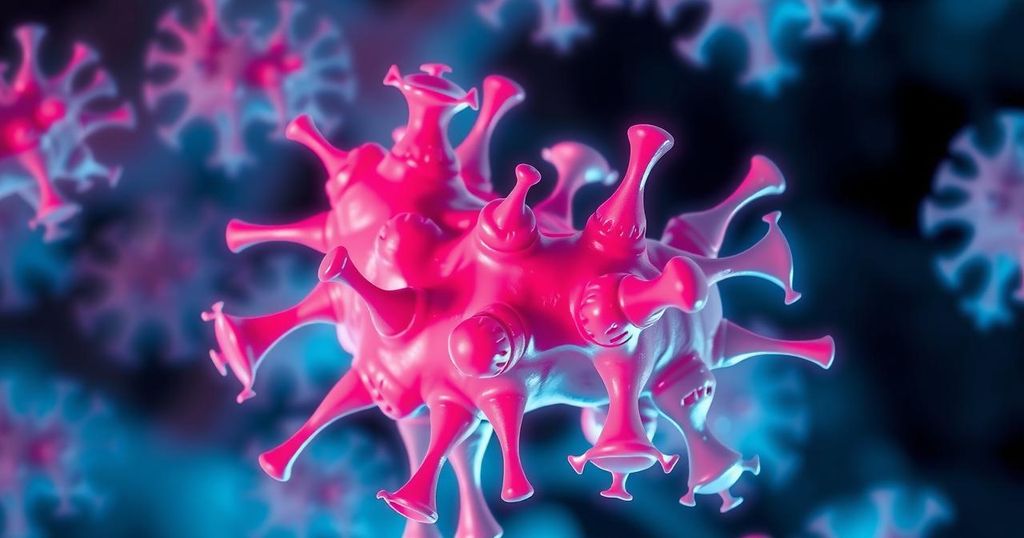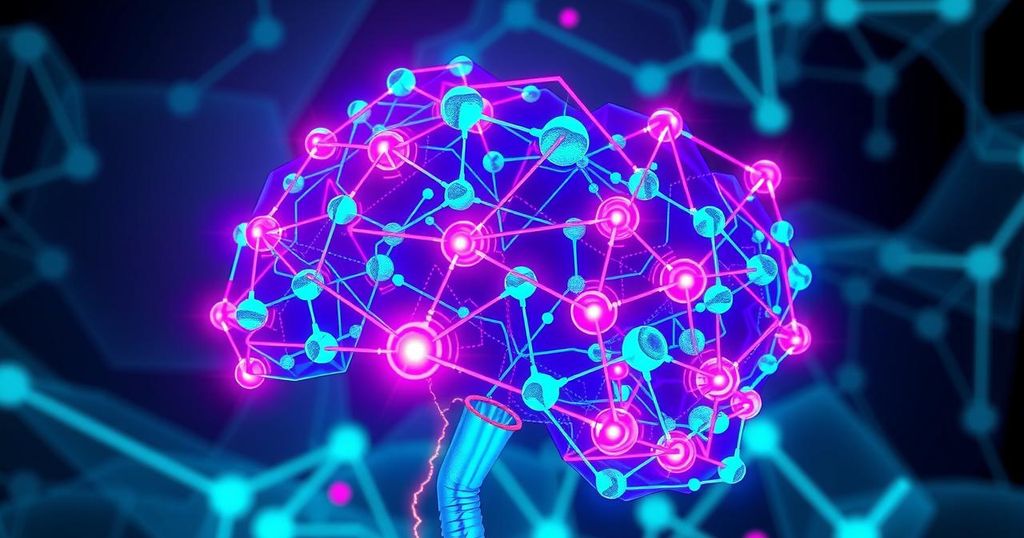UC Irvine Scientists Connect Gut E. coli to Parkinson’s Disease Origins
UC Irvine scientists have discovered a link between gut E. coli and Parkinson’s disease, revealing that protein aggregates associated with the disorder may originate in the gut. Their research suggests that controlling these aggregates could prevent disease progression, while coffee may help mitigate risk. The team is also tracking these proteins to better understand their movement from the gut to the brain, paving the way for new therapeutic strategies.
In a groundbreaking study, scientists from UC Irvine have unveiled a potential link between gut bacteria, specifically E. coli, and the onset of Parkinson’s disease. This condition, which severely impacts voluntary movement, may have its roots deep within the human microbiome, where harmful protein aggregates, known as alpha-synuclein clumps, begin to form. Led by Professor Elizabeth Bess, the team discovered that the waste produced by E. coli contributes to these aggregates, suggesting that interventions in the gut could prevent these proteins from reaching the brain via the vagus nerve, a pathway implicated in the disease’s progression.
In their research published in esteemed journals, the team highlighted the interesting connection between intestinal health and neurological function. Dr. Bess elaborated on the implications of their findings, indicating that stopping protein aggregation in the gut could mitigate Parkinson’s disease risk. Furthermore, the study also shed light on how coffee consumption could offer protective effects, given that it has been shown to lower Parkinson’s risk. This revelation signifies a pivotal shift in how we understand and approach treatments for this complex disease.
To further this research, Dr. Bess and her colleagues are innovating ways to trace these proteins throughout the body using bioluminescent markers. This tracking will enable the team to visualize the journey of pathogenic proteins from intestinal cells to neurons, thus unraveling the intricate pathways that could lead to disease onset. As clumps of alpha-synuclein may form in the gut years before any clinical symptoms arise, there lies a significant opportunity for early intervention in Parkinson’s treatment.
This new perspective on Parkinson’s disease, associated with gut health, challenges traditional views and opens the door for novel therapeutic approaches. The researchers anticipate that their work will inspire further exploration and lead to innovative strategies to combat this debilitating illness, ultimately lighting a path toward improved futures for those affected.
Parkinson’s disease, a neurodegenerative disorder, affects millions and leads to significant loss of motor control due to protein aggregates forming in the brain. Understanding the origins of Parkinson’s has been a complex challenge, often focusing on neurological factors without considering the gut’s role. The human microbiome, home to trillions of microbes, plays an essential part in overall health, and recent studies have begun to delve into how gut bacteria, like E. coli, could influence brain health and contribute to Parkinson’s disease through their byproducts, forming the basis for potential new treatments.
The revelation that gut E. coli and its waste products may contribute to the formation of harmful protein aggregates in the brain presents a paradigm shift in Parkinson’s disease research. This interdisciplinary team’s findings not only elucidate the gut-brain connection but also highlight potential avenues for preventive measures against Parkinson’s. By exploring the complex relationship between our gut microbes and neurological health, researchers aspire to foster innovative strategies that could improve treatment outcomes for Parkinson’s patients in the future.
Original Source: news.uci.edu




Post Comment